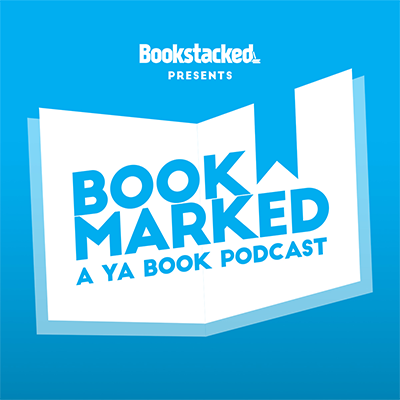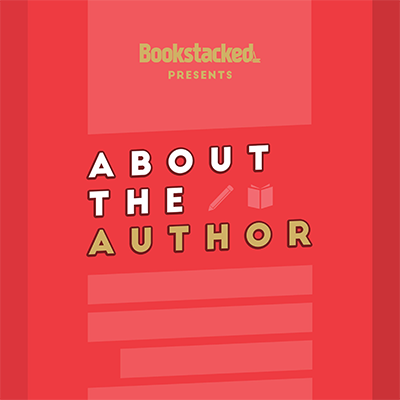In an earlier version of the internet, blogs were the “it” thing. That’s not necessarily the case any more. Today’s internet is largely shaped by social media. Conversations happen more often on Twitter, Instagram and TikTok than they do in the blogosphere.
That’s not to say there aren’t popular blogs. In fact, some media giants are betting on (or hoping for) a shift back to independent platforms and communities — online venues that aren’t tied to the social media conglomerates that dictate so much of our online lives. (If you were around, think back to when most conversations took place on forums or the comment sections of your favorite websites.)
Cool. Why do I need to know this to start a book blog?
You don’t.
I’m kicking this guide off with this idea because I want you to understand my aim for writing this guide.
When I search for “How to start a book blog,” most of the advice and steps I find have to do with the technical, practical side of things. Step one: name your blog. Step two: choose your blogging software. Step three: grab your social media handles. Etc.
Nothing wrong with those, they can be helpful. The only problem is that they’re tied to today’s internet. The blogging platforms they suggest might not be the best platforms for you to use in five or ten years from now.
I’m not planning to revisit this topic any time soon — so I want what I write in this guide to have some sense of lasting relevance. I’m not focusing on the technical, practical things. I’m talking more about the philosophy and mindset that drove me to create, maintain and grow Bookstacked.
If someone asked for my advice after nine years of running Bookstacked, I’m not going to tell them they need to look into WordPress or purchase a domain name.
I’m going to talk to them about taking chances. I’d want to share how asking for that interview or advanced reader’s copy opened some really neat doors for Bookstacked. Or maybe we’d talk about experimenting and trying new things — how sometimes your ideas will yield amazing results and other times they’re duds.
Let’s talk about the stress and pressure behind creative projects. Let’s talk about making friends and connecting with audiences. Let’s talk about success and failure.
And, yeah, let’s talk about when it’s time to let it all go.
Even if you’re not looking to start a blog, I hope what I have to share is relevant to whatever passions you are pursuing. I think a lot of what I have to say is pretty universal.
Okay? Okay.
Here’s the plan: I’ll be publishing a series of articles that touch on some of the most important lessons I learned during the last decade of running Bookstacked. There’ll be five articles in total — this one kicking things off — where I’ll share my experiences and some of the thought I put behind this website. There’ll be a new article every day of this week until Friday.
Here’s what’s on the slate for this guide:
Reviews? Lists? What type of content should I be writing?
The pros and cons behind different types of content, and some insight into how to do it all
Taking Chances
The most important thing you need to know to land an author interview or receive that ARC
What does success look like?
Your follower count is important, but not as important as you think
Letting Go
Coming to terms with giving up on a creative project









Bookstacked Comment Policy
We welcome respectful comments. Our only rule is to be kind. Rude, hateful and generally mean-spirited comments will be removed.